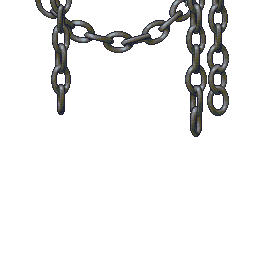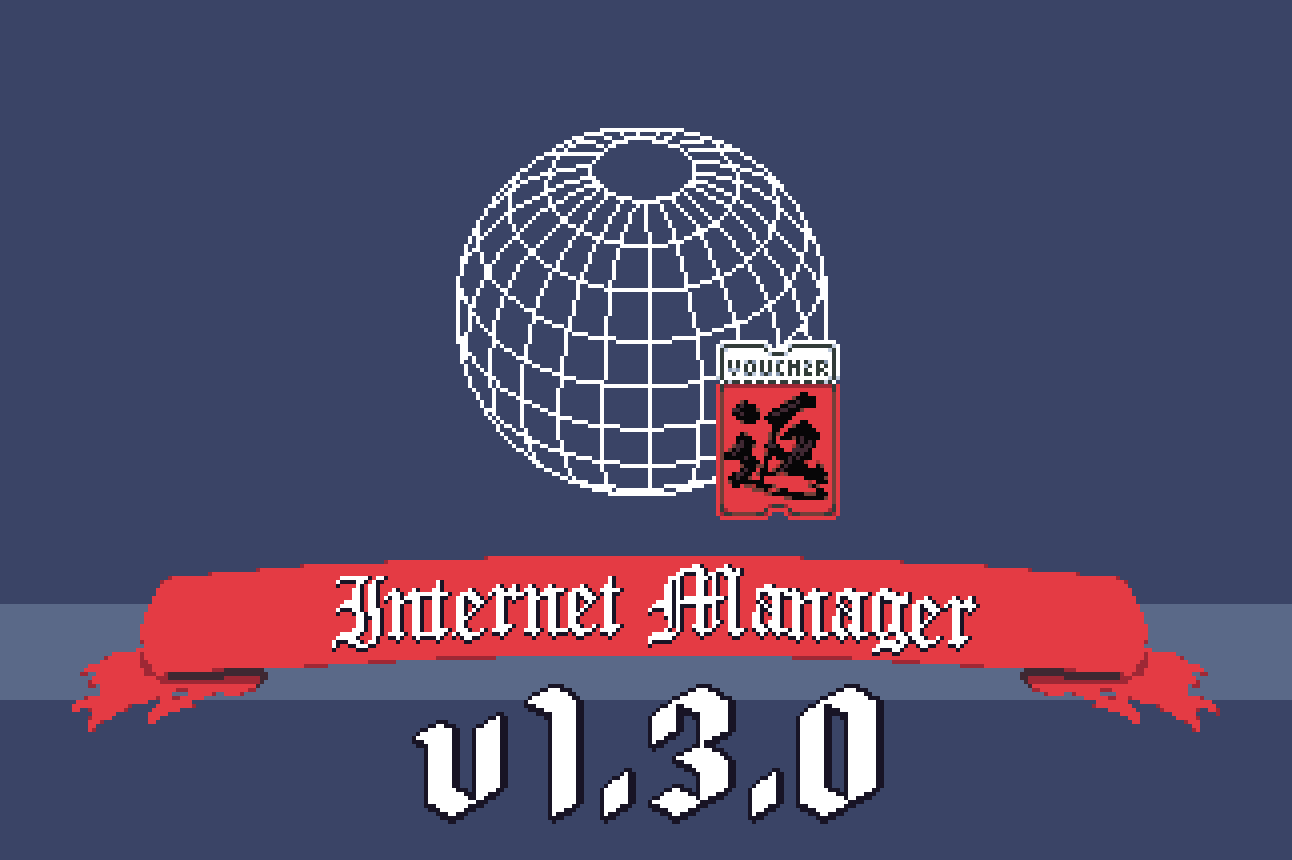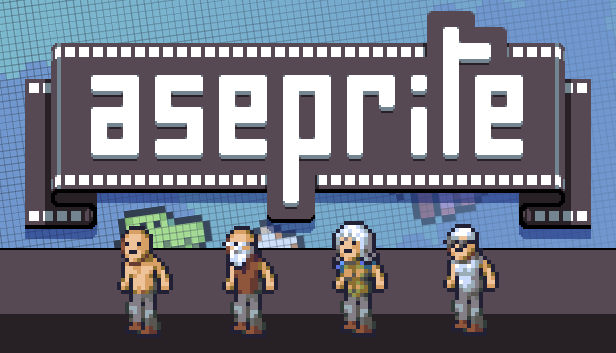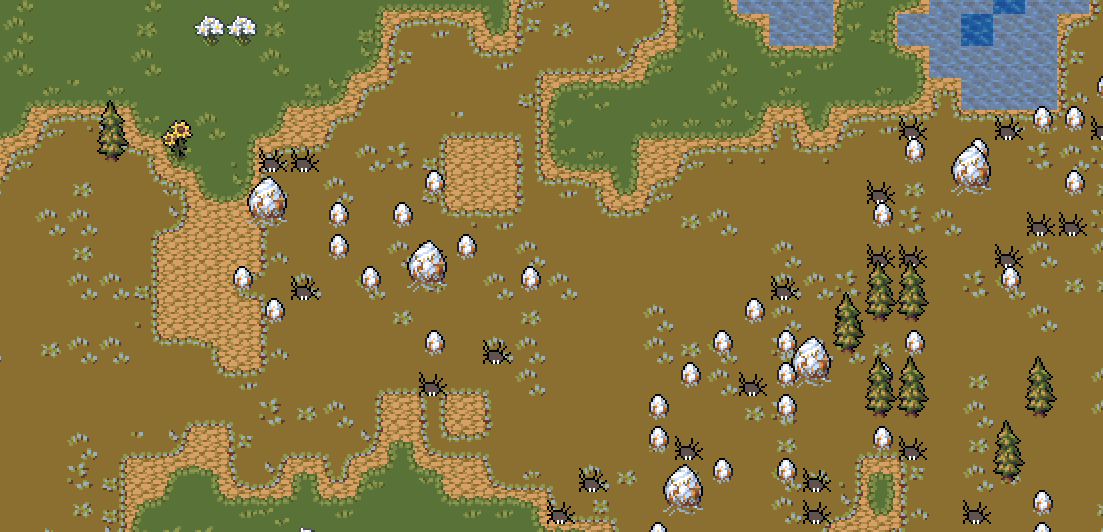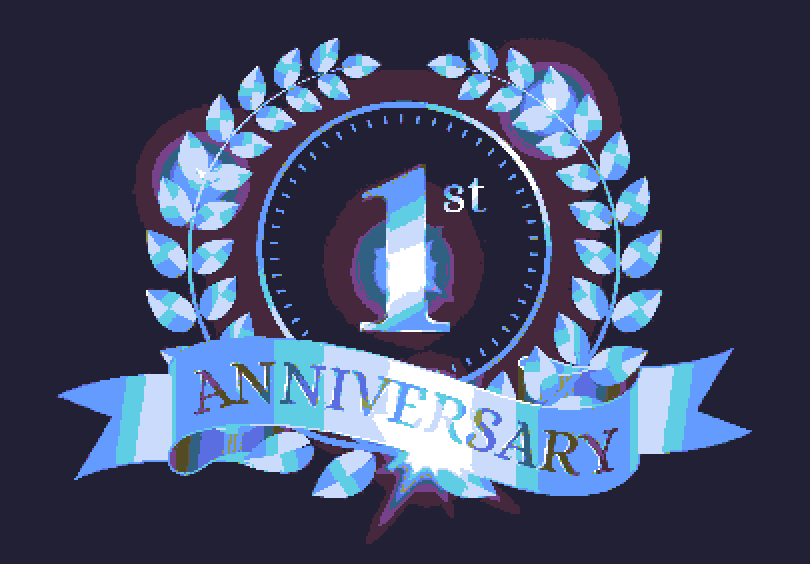Can Game Design Fix Gaming Addiction?
Game design has the power to shape behaviors—both in fostering enjoyment and potentially curbing addiction. But can it truly fix gaming addiction?
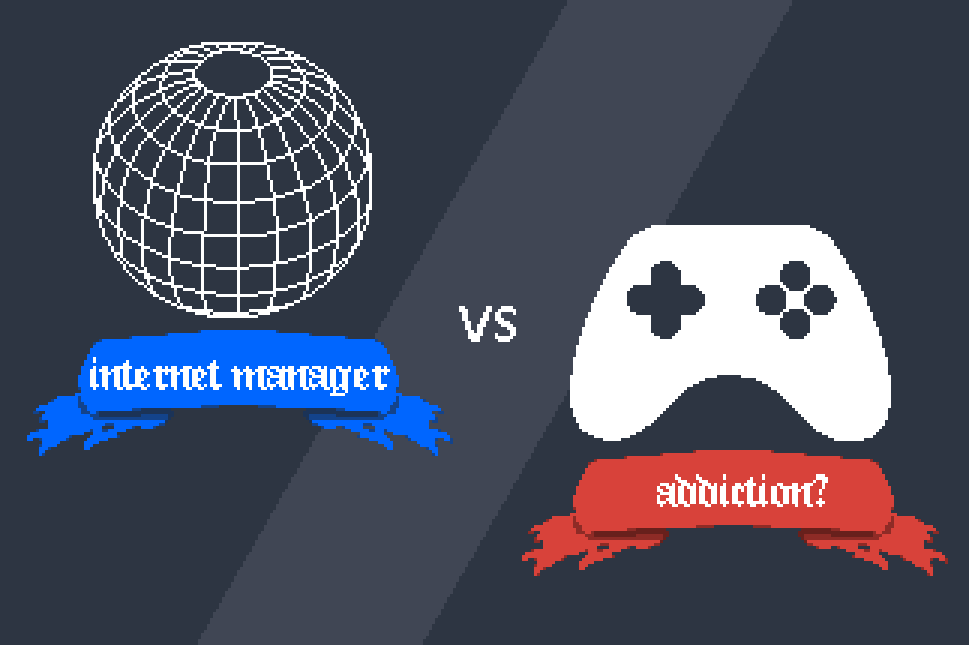
Game design has the power to shape behaviors—both in fostering enjoyment and potentially curbing addiction. But can it truly fix gaming addiction? Let’s explore how design principles can impact habits and productivity, but first, we need to define—what is game design?
What is Game Design?
Game design is the craft of creating systems that engage players through fun, challenge, and satisfaction. Whether it's the brutal difficulty of Elden Ring or the calming farming game in Stardew Valley, very different styles of design can keeps players coming back. But game design isn’t limited to entertainment—its principles are be increasingly used to try and make productive tasks fun. Here's an article from 2017 in the International Journal of Educational Technology in Higher Education that talks about just that make teaching easier by "gameifying education." Personally, I've found in my life that you can "gameify" education and make it easier and more fun to learn. If you talk to many people in Gen-Z they'll tell you about fond memories of using Kahoot in school, which is a game that allowed you to compete against your classmates in trivia. Kahoot classes were often more fun that normal and allowed students to be competitive about how much they knew, giving a competitive incentive to learn more. Another example is I also found myself recently learning a lot of geography in order to play games such as travle or GeoGrid. I never would've spent the time trying to figure out which African countries border Mali or which Asian countries drive on the left side of the road before this, but now I've done so to raise my score in these game. It seems silly to admit, but largely I'd credit these games with teaching me much more about geography than I ever learned in school. So that is to say, Game Design can be used effectively to make previously uninteresting tasks fun and engaging.

How Can That Fix Gaming Addiction?
You might be wondering: "That’s great, but how does this help with gaming addiction?" While I won’t claim to have solved gaming addiction, but I’ve developed an Internet Manager that leverages game design principles to help curb the tendency to stay up late gaming. Anecdotally, I can say its has been pretty effective for my friends and I in improving our sleep schedules.
Now how does an internet manager do this? The Internet Manager works by notifying users 15 minutes before an internet shutdown with an audio alert to wrap things up. When the shutdown time arrives, the internet is cut off—simple enough. However, the game design aspect comes into play through a loot box system that grants users "vouchers." Also yes I did say loot box, which I did add for comedic purposes, but I did need a way to get vouchers in the program, so it does serve a real purpose too. The use of these vouchers is to allow the user to delay the internet shutdown by a configurable amount of time.
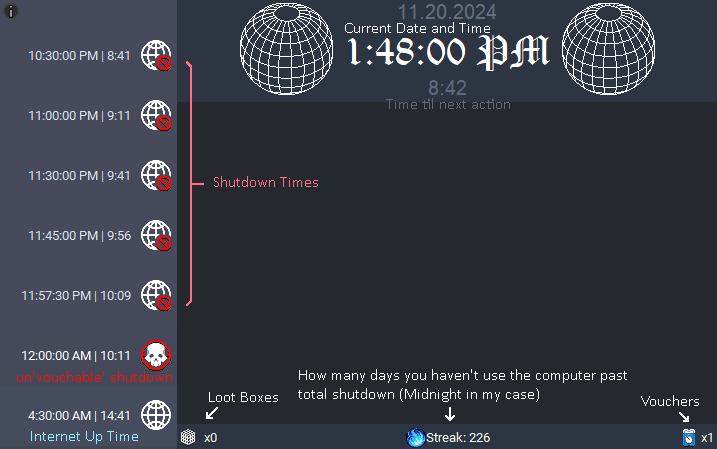
In the graphic above, you can see there are multiple shutdowns in a night, and a voucher can allow the user to delay until the next shutdown. Also there is a cap of five vouchers that can be held at a time, meaning if you want to stay up later one night, you're incentivized to hold on to your vouchers until then. In addition loot boxes are granted to users that don't use vouchers on the first shutdown of the night or if you went to bed before a shutdown happened you get one in the morning. The shutdown loot box is much less likely to have a voucher especially as your streak gets larger. This means the incentive structure if you want to stay up late and game some night this week is to get off extra early a night before to increase your chance of getting vouchers. That habit only gets reinforced as your streak gets larger, and the odds of getting a voucher at the night loot box decreases, so staying up late gets punished more and more. Although this isn't a revolutionary product, it definitely has made a difference in my life as I no longer need to really think about my bed time it just comes naturally, as my internet shutdowns and if I have some special plan to hangout with someone a little later, I plan ahead of time. This is something I never used to do before, the time used to always slip by as I was entranced by games, friends, or videos on the internet, which are designed to pull you in.
Final Thoughts
I'm sure that due to the toxic design of much of the internet and media today, we forget that we can create systems designed to make us happy and healthier. It's just that products such as my internet manager do not make money, so there's less incentive to make them. I think one of the more egregious examples of apps that work against their customers are social media apps. They say their goal is to allow people to connect and talk to each other with ease, but in reality they make their money by collecting data and serving ads to their users. That means if they want more money, they want to show you more ads and keep you on the website as much as possible. This is the slippery slope of show people more and more brain stimulating media to keep people addicted to using their platform. People did not ask to be addicted when they signed up to talk to their friends more easily.
That is to say that incentive structures matter and impacts design. Especially in this day and age, where attention is commoditized and systems are designed to sap you of that attention to serve you ads, but you can fight back with products designed with good incentives that makes is easier for you to make healthy habits and decisions. It doesn't need to take the form of my internet manager, but there are many tools out there genuinely made to make your life easier, ad-blockers or Samsung's modes app are examples that I use. But if it does take the form of the internet manager, you can download it from my Github. If you have any ideas for similar tools, share them in the comments I love to hear them. But, you need sign up to comment, so sign up to my mailing list too!


